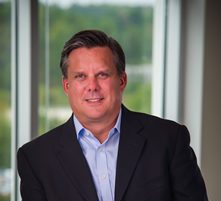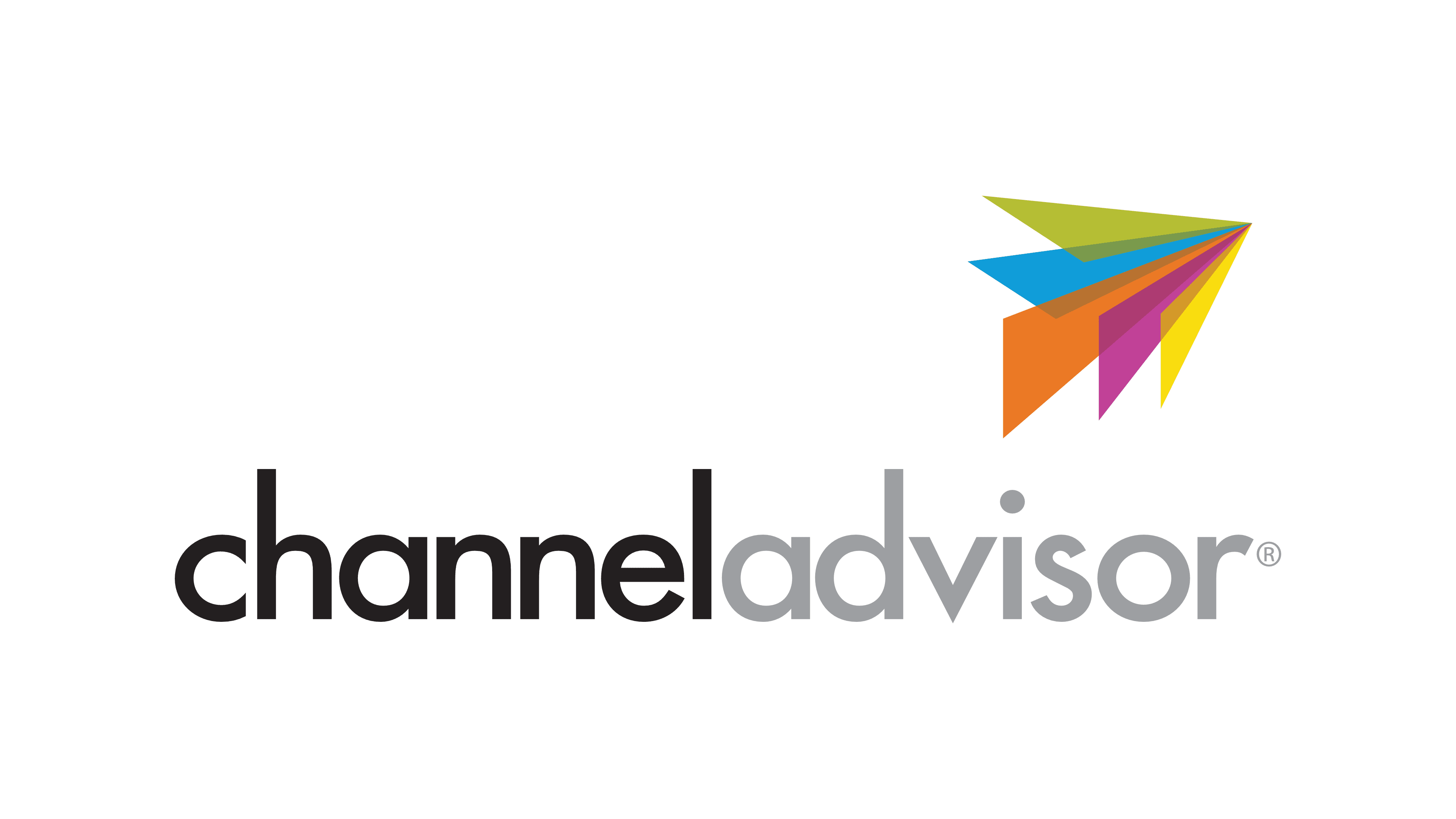The notion of self-awareness may bring to mind an image of a highly conscious individual meditating on a mountaintop — I’m sure we’d all love to be in that spot right now – taking deep breaths. It’s a nice picture, but self-awareness is not only for exceptional people in an amazingly beautiful environment. In simple terms, self-awareness means to know oneself, and it’s possible that this greater knowing can – and should – occur every day, both personally and in business.
On this episode of Business X factors, David Spitz, the CEO of ChannelAdvisor, gives a sense of how ChannelAdvisor was ideally situated to grow alongside the blossoming ecommerce industry. He also shares how self-awareness can lead to making intuitive decisions.
Main Takeaways:
- Timing is Almost Everything: We often do not appreciate sufficiently how timing can make a substantial difference in life. For Spitz, his family bought a computer when access to these machines was only beginning to come into the consciousness of some families in America. The access to this early computer was instrumental to the course Spitz’s life took.
- Knowing Oneself: Spitz discusses having “an irrational fear of failure.” This is surprising because many entrepreneurs and business leaders focus on accepting failure. Spitz makes the point that this self-knowledge allows him to make calibrations in how he responds to certain situations. Knowing oneself allows a leader, and even a company, to make better decisions.
- Seeing the Connections: A leader can drill down into one area due to what feels like a necessarily intense, narrow focus. According to Spitz, taking a broader view across disciplines can help one see the connections between them. A pattern can then emerge that helps to fuel intuition concerning decisions that otherwise may not be clear-cut. These frameworks can act like guides to inform decisions.
Key quotes:
“My first computer was an Atari 400. And I think it was like $3,000, which, in 1980 dollars, was a pretty significant investment. And they were famous because the keyboard was a membrane keyboard. Like it didn’t actually have keys. They were these membrane things that you pushed.”
“Our hypothesis is that our customers don’t want to spend a lot of time stitching together systems that don’t integrate. Because to really have a competitive advantage online, you need a high-velocity, well orchestrated integrated set of processes. And our view is the more that we can pull those kind of key ecommerce elements — whether it’s marketing, listing, selling, fulfilling, analyzing, and closing all that loop — if we can bring together a platform and a package that does that, and does that globally, then our customers will really, really like having that on one platform.”
“It’s always surprising to me how many companies do this fixed annual budgeting and then they make that the gospel. And of course at some level, you are making some commitments, whether it’s to your board or to your investors, but you have to be nimble in the tech industry.”
“Employees these days, and I think this is a good thing, want to feel like they’re working for a business that isn’t just there to make money and there to serve shareholders. Everybody knows those are important functions, but people also want to know that they’re working for a purpose and for a greater good, and that includes, what are the sort of core foundational principles of the company?”
“We took the time to just have people talk and share their stories. And I have to tell you, I heard just some really profound stories, courageous stories; amazing stories where you just hear what some people have to put up with on a day-to-day basis, because of their race or their sexual identity or what have you. And so I think what changed for us is this realization that while ChannelAdvisor may be a great place in those regards, there’s still a lot of progress we need to make in other areas of society.”
“I’ve always been very curious about lots of different things. Like my kids kind of roll their eyes. But if I had multiple lives, I’d be a trauma surgeon in another life, or I’d be an astronomer…I have a lot of different interests. So, what’s cool about that though, is there’s a lot of overlap in different systems and different areas of interests. Like you wouldn’t necessarily think it, but there’s quite a lot that you can carry from one discipline into another. I think intuition is important.”
“I think I have an irrational fear of failure and I say irrational because I’ve never really experienced big time failure. I mean we’ve had some things that have been more successful than others along the way. And failure from a technology entrepreneur perspective is about the softest kind of failure you can have in the sense that if something doesn’t work out, unless you’ve really deceived people along the way; if you’re just making an effort and something doesn’t work out, the Silicon valley is full of stories of comebacks and second chapters [and] third chapters…”
Mentions:
ChannelAdvisor “Our Story” https://www.channeladvisor.com/about/our-story/
ChannelAdvisor https://www.channeladvisor.com/
Interview with Scot Wingo by Nathan Latka https://nathanlatka.com/thetop697/
Charlie Munger (perhaps link to something about his mental models)
Bio:
David Spitz, ChannelAdvisor’s CEO, is responsible for leading the company in its mission to provide retailers and branded manufacturers with the software and services needed to successfully sell their products via online sales channels. Before joining ChannelAdvisor, Spitz founded and successfully exited multiple venture-backed software companies. He was most recently an entrepreneur-in-residence at the Aurora Funds, a venture capital firm with more than $200 million under management. Prior to Aurora, David was president of Avesair, a mobile marketing company that was acquired by Inphonic. Previous to Avesair, David was co-founder and CTO of Netsation, a network management software company acquired by Nortel Networks.
David received a Bachelor of Computer Science from the University of California, San Diego. David was awarded the Triangle Business Journal’s 2010 CFO of the Year award. In 2008, he received the Triangle Business Journal’s Top 40 under 40 award. David has also been awarded four U.S. patents. David serves on the board of directors of Beazer Homes USA, Inc., a public company listed on the New York Stock Exchange. Previously, he was chairman of the board for the North Carolina School of Science and Mathematics Foundation as well as for the North Carolina Council for Entrepreneurial Development.”
—
Business X factors is produced by Mission.org and brought to you by Hyland.
For over a decade, Hyland has been named a Leader in the Gartner Magic Quadrant for Content Services Platforms, leading the way to help people get the information they need when and where they need it. More than half of 2019 Fortune 100 companies rely on Hyland to help them create more meaningful connections with the people they serve. When your focus is on the people you serve, Hyland stands behind you. Hyland is your X factor for better performance. Go to Hyland.com/insights to learn more.




